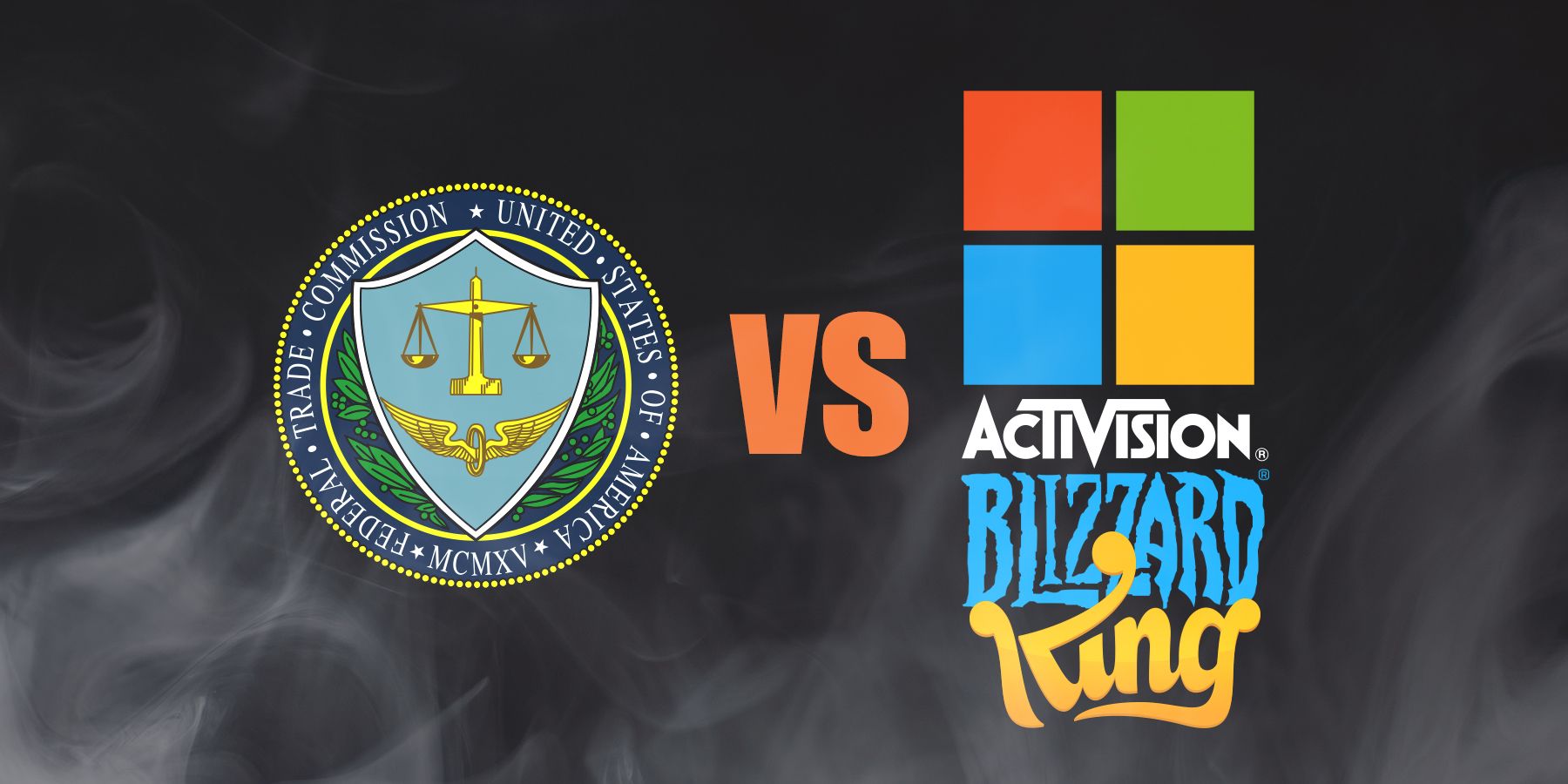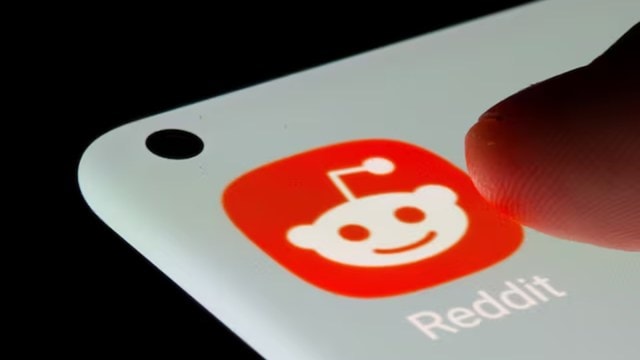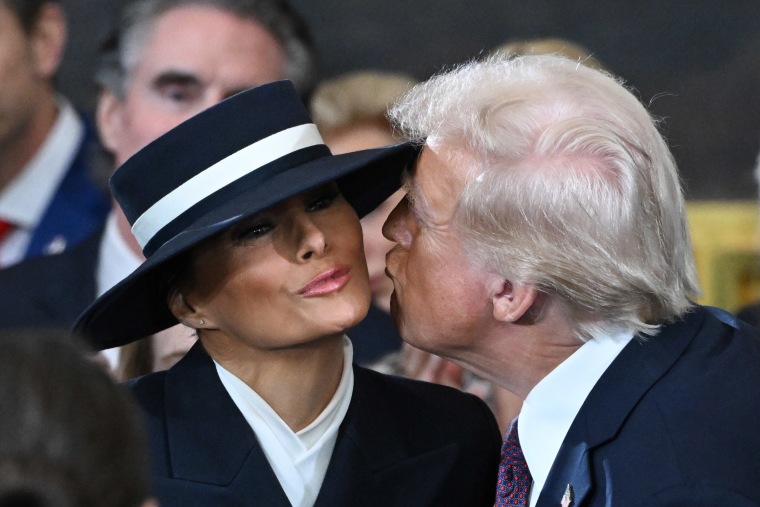Activision Blizzard Acquisition: FTC's Appeal And The Future Of Gaming

Table of Contents
The FTC's Concerns Regarding the Activision Blizzard Acquisition
The Federal Trade Commission (FTC) vehemently opposes the Microsoft-Activision Blizzard acquisition, arguing it would stifle competition and harm consumers. Their central concern revolves around the potential for anti-competitive practices and reduced choice in the gaming market.
- Concerns about reduced competition in the gaming console market: The FTC argues that Microsoft, already a significant player with its Xbox consoles, acquiring Activision Blizzard – the powerhouse behind franchises like Call of Duty, World of Warcraft, and Candy Crush – would create an unfair advantage, potentially stifling competition from Sony's PlayStation and Nintendo's Switch. This would lead to less innovation and potentially higher prices for gamers.
- Anti-competitive practices related to game distribution and pricing: The FTC fears Microsoft might leverage its ownership of Activision Blizzard titles to make them exclusive to Xbox, limiting their availability on competing platforms. This could restrict consumer choice and drive up prices, particularly for popular titles like Call of Duty.
- Potential harm to consumers due to limited choice and higher prices: The core argument hinges on the impact on consumers. The FTC believes that limiting access to popular games on competing platforms will negatively impact gamer choice, potentially forcing them to purchase an Xbox console to access these titles. This also creates the potential for increased prices due to reduced competition.
- Focus on the impact on Call of Duty exclusivity: Call of Duty is a significant point of contention. The FTC is particularly concerned about Microsoft making Call of Duty an Xbox exclusive, significantly harming PlayStation's market share and potentially driving gamers towards the Xbox ecosystem.
The FTC's case relies heavily on market analysis demonstrating the substantial impact Activision Blizzard's titles have on the gaming industry and the potential anti-competitive effects of Microsoft's acquisition.
Microsoft's Defense of the Activision Blizzard Acquisition
Microsoft counters the FTC's claims, asserting that the acquisition will foster increased competition and innovation within the gaming industry. Their defense strategy rests on several key pillars:
- Arguments for increased competition and innovation in the gaming market: Microsoft argues that by integrating Activision Blizzard's studios and expertise, they can enhance their game development capabilities and deliver more innovative and diverse gaming experiences to a broader audience.
- Plans to expand game access across multiple platforms (PC, Xbox, even Nintendo Switch): A central part of Microsoft's defense is their commitment to making Activision Blizzard's games available across multiple platforms, including PC, Xbox, and even Nintendo Switch, directly contradicting the FTC's concerns about exclusivity. They have publicly committed to long-term contracts to keep Call of Duty on PlayStation.
- Commitment to fair pricing and a wide selection of games: Microsoft emphasizes its intention to maintain fair pricing and offer a wide selection of games across various platforms. They argue that the acquisition will ultimately benefit consumers through increased competition and innovation.
- Emphasis on benefits for game developers and studios under Microsoft's umbrella: Microsoft highlights the benefits for Activision Blizzard's employees and studios, emphasizing increased resources and opportunities for game development under their umbrella.
Microsoft's strategy emphasizes the potential for synergies and the expansion of gaming access, aiming to demonstrate that the acquisition is ultimately beneficial for the gaming ecosystem.
The Appeal Process and Potential Outcomes
The FTC's appeal is a complex legal process with potentially significant ramifications.
- Timeline and key dates in the appeal process: The appeal process involves various stages, including legal briefs, hearings, and potential court decisions. The timeline for these stages is subject to change.
- Potential outcomes: FTC victory, Microsoft victory, or a negotiated settlement: The appeal could result in a victory for the FTC, blocking the acquisition; a victory for Microsoft, allowing the merger to proceed; or a negotiated settlement with conditions imposed on the acquisition.
- Impact of the ruling on future mergers and acquisitions in the gaming industry: The outcome will set a significant precedent for future mergers and acquisitions in the gaming and tech industries, impacting how regulators approach similar deals in the future.
- Discussion of similar antitrust cases and their precedents: The legal arguments in this case draw on precedents from previous antitrust cases, particularly those involving mergers in the tech sector.
The potential outcomes hold significant consequences for consumers, developers, and the entire gaming industry. A blocked merger might slow down Microsoft's expansion, while a successful acquisition could reshape the competitive landscape and the future of gaming franchises.
The Role of Regulatory Bodies Globally
The Activision Blizzard acquisition isn't solely a US matter. Regulatory bodies in other countries, including the European Union and the UK, are also scrutinizing the deal.
- Differences in regulatory approaches across various jurisdictions: Each regulatory body has its own approach and legal framework for assessing mergers and acquisitions, leading to potentially different outcomes across jurisdictions.
- How global regulatory decisions could impact the deal's final outcome: If any major regulatory body in Europe or elsewhere blocks the deal, it could significantly impact the deal's overall viability, even if it's approved in the US.
- Comparison of regulatory frameworks and their influence on the tech industry: The contrasting approaches highlight the challenges of regulating global tech giants and the need for international cooperation in antitrust enforcement.
The potential for conflicting decisions from different regulatory bodies adds another layer of complexity to the already intricate legal battle.
The Future of Gaming: Post-Acquisition Scenarios
The future of gaming hinges on the outcome of the FTC's appeal. Several scenarios are possible:
- Impact on game pricing and availability if the merger goes through: If the merger is approved, the pricing and availability of Activision Blizzard games could shift, depending on Microsoft's strategies regarding exclusivity and platform distribution.
- Potential changes to the competitive landscape if the merger is blocked: A blocked merger would maintain the existing competitive landscape, potentially fostering more competition and innovation from other gaming companies.
- Long-term implications for game development and innovation: The outcome will have long-term implications for game development, potentially influencing innovation, investment, and the overall creative direction of the gaming industry.
- Analysis of the future of popular franchises like Call of Duty, Candy Crush, and World of Warcraft: The future of these iconic franchises depends heavily on the outcome of the acquisition, impacting their accessibility, development, and overall success.
The impact on smaller, independent game developers and studios is also a key consideration, as the dominance of a few major players could potentially create challenges for smaller entities.
Conclusion
The Activision Blizzard acquisition is a complex and pivotal moment for the gaming industry. The FTC's concerns about reduced competition and potential harm to consumers are countered by Microsoft's arguments for increased innovation and broader access to games. The outcome of the appeal will have significant consequences for the competitive landscape, game pricing, and the overall future of gaming. The ongoing legal battle and the involvement of global regulatory bodies highlight the challenges of regulating the increasingly consolidated tech industry. The future of gaming depends on the outcome of this landmark Activision Blizzard acquisition. Stay tuned for updates and further analysis as this crucial legal battle unfolds.

Featured Posts
-
 Reddit Outage Resolved Social Media Platform Announces Service Restoration
May 17, 2025
Reddit Outage Resolved Social Media Platform Announces Service Restoration
May 17, 2025 -
 Como Ver Peliculas Por 3000 En La Fiesta Del Cine 2025
May 17, 2025
Como Ver Peliculas Por 3000 En La Fiesta Del Cine 2025
May 17, 2025 -
 Tenis Yildizi Novak Djokovic In Muhtesem Zenginligi 186 Milyon Dolar
May 17, 2025
Tenis Yildizi Novak Djokovic In Muhtesem Zenginligi 186 Milyon Dolar
May 17, 2025 -
 Thibodeau On St John S Knicks Coach Impressed By Recent Success
May 17, 2025
Thibodeau On St John S Knicks Coach Impressed By Recent Success
May 17, 2025 -
 The Trump Marriage Exploring The Relationship Between Donald And Melania
May 17, 2025
The Trump Marriage Exploring The Relationship Between Donald And Melania
May 17, 2025
